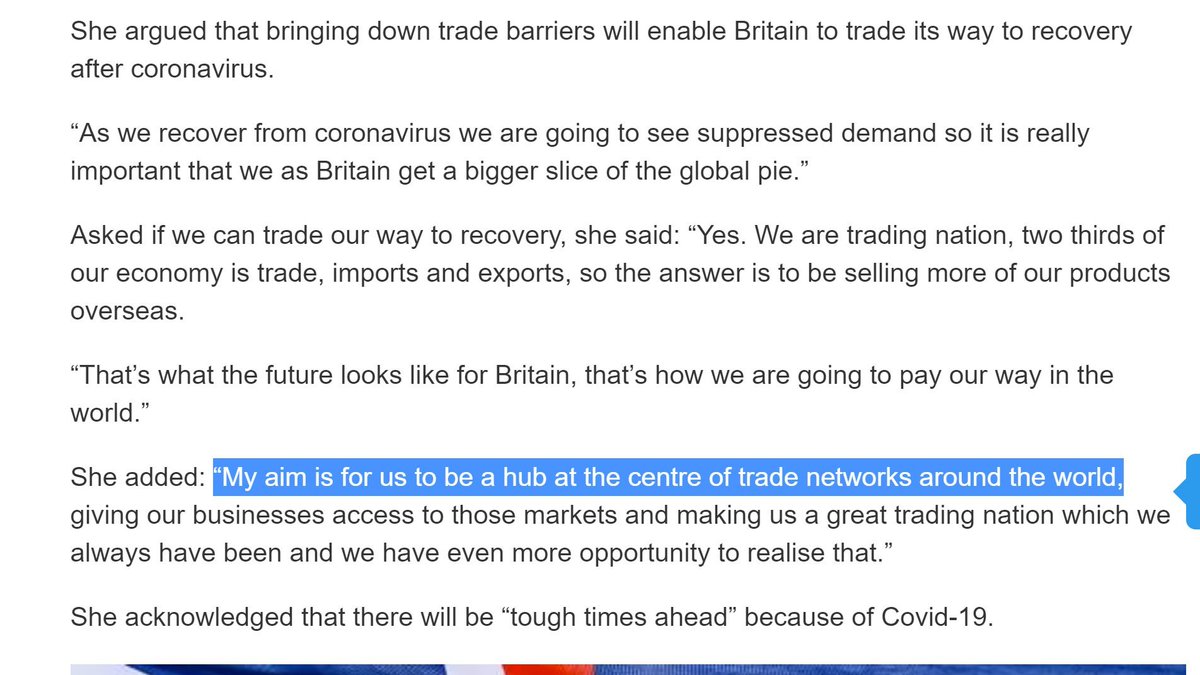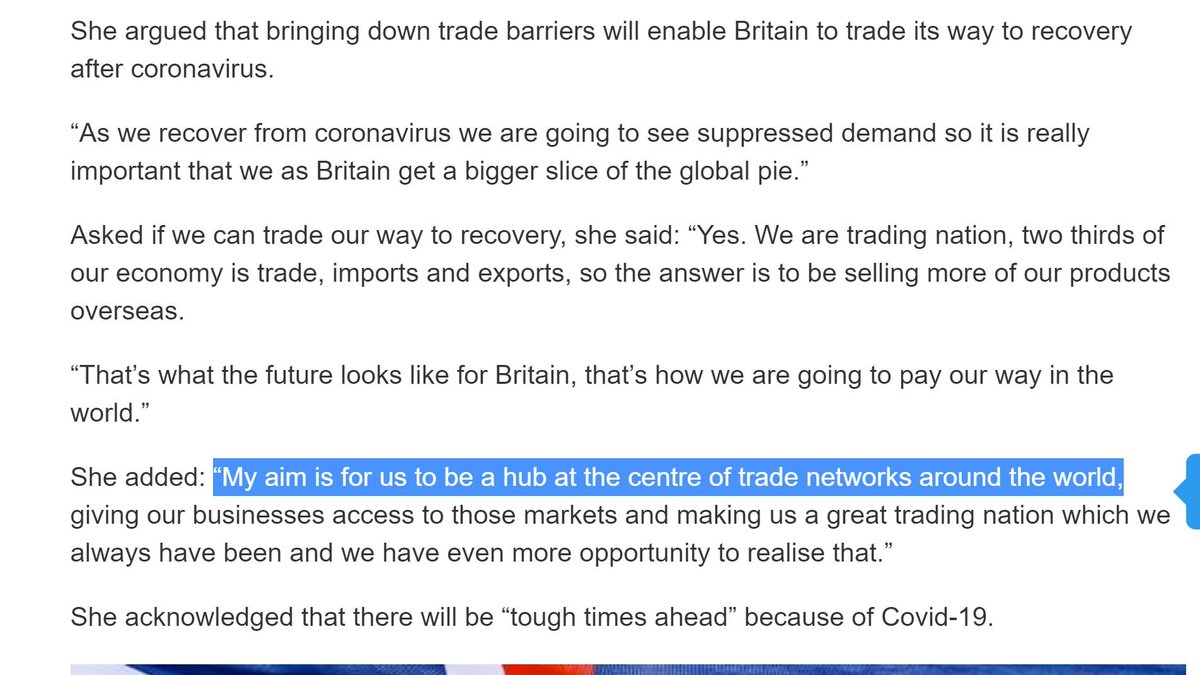
Today's essential read - @gideonrachman on US-China tensions and ties, and whether we're heading towards a new cold war. It is particularly striking to me that the motivations of both towards the other are unclear - rivals, but in what ways? ft.com/content/7b809c…
To be read alongside this on how the pandemic has relatively boosted China's economic position, and therefore geopolitical confidence. ft.com/content/e29029…
So what exactly are the US (plus UK etc) concerned about with regard to China? Loss of economic power, China internal repression, China external threats, unfair economic competition? And what do they hope to achieve through any action?
Because if the US and EU are most concerned about China's economic competition then they have a way to do something about that together. Neither seem to make co-operation a priority though, so is this just a howl of anguish about loss of domination?
Perhaps the US needs to have a serious administration in order to have a serious discussion about China. Same with the UK. But the EU is serious and still doesn't have an answer other than turning inwards a bit more. Much more to consider...
• • •
Missing some Tweet in this thread? You can try to
force a refresh





